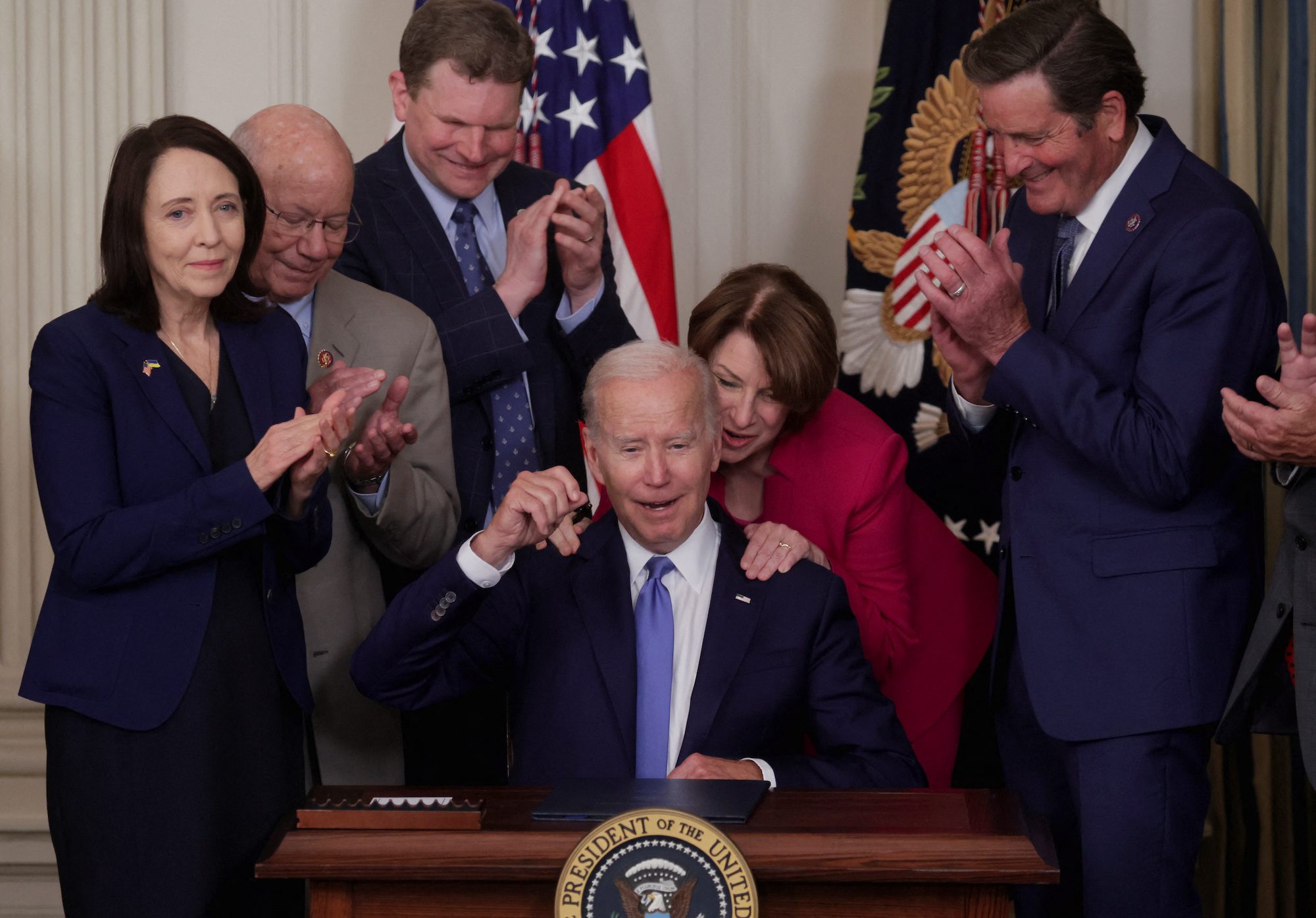The Federal Maritime Commission is seeking public comments to define unreasonable refusal to deal or negotiate with respect to vessel space accommodation provided by an ocean common carrier.
The public comment period is in response to a Notice of Proposed Rulemaking (NPRM) issued this week implementing a requirement of the Ocean Shipping Reform Act of 2022, or OSRA for short.
One provision of OSRA requires that an ocean common carrier cannot unreasonably refuse to deal or negotiate with respect to vessel space accommodation, applying to both import and export shipments. The NPRM outlines the elements which would be necessary to establish a violation and the criteria the FMC would consider in assessing reasonableness if finalized. It would also shift the burden of proving the refusal to deal was reasonable from shippers to ocean common carriers.
In the NPRM, the FMC proposes that complainants alleging an unreasonable refusal to deal with respect to vessel space accommodation would be required to meet three elements:
- That the respondent is an ocean common carrier;
- That the respondent refuses to deal or negotiate with respect to vessel space; and
- That the refusal is unreasonable.
The NPRM proposes a burden-shifting regime that would allow ocean common carriers to establish why it was not unreasonable to refuse vessel space to a particular complainant.
The FMC proposes a non-exhaustive list of factors it will consider when deciding whether a refusal to deal was unreasonable, including whether the ocean common carrier followed a documented export strategy, engaged in good faith negotiations, and articulated legitimate transportation factors. This burden-shifting would happen after the complainant or the FMC’s Bureau of Enforcement, Investigations, and Compliance has established a prima facie case that the three elements listed above have been met.
As the phrase “vessel space accommodations” has never been defined in legislation, or interpreted by the FMC, the NPRM proposes to define this term.
As the circumstances of each shipment are unique, the FMC acknowledges it is impossible to regulate for every possible scenario, and accordingly, cases alleging a violation will be factually driven and considered on a case-by-case basis.
The FMC consulted with the U.S. Coast Guard on this NPRM as required by the law.
Interested parties will have 30 days to submit comments to the Commission once the NPRM is published in the Federal Register. Because the law requires the Commission to publish a Final Rule within six months of OSRA’s enactment, comments should be submitted by the deadline.

 Join The Club
Join The Club











